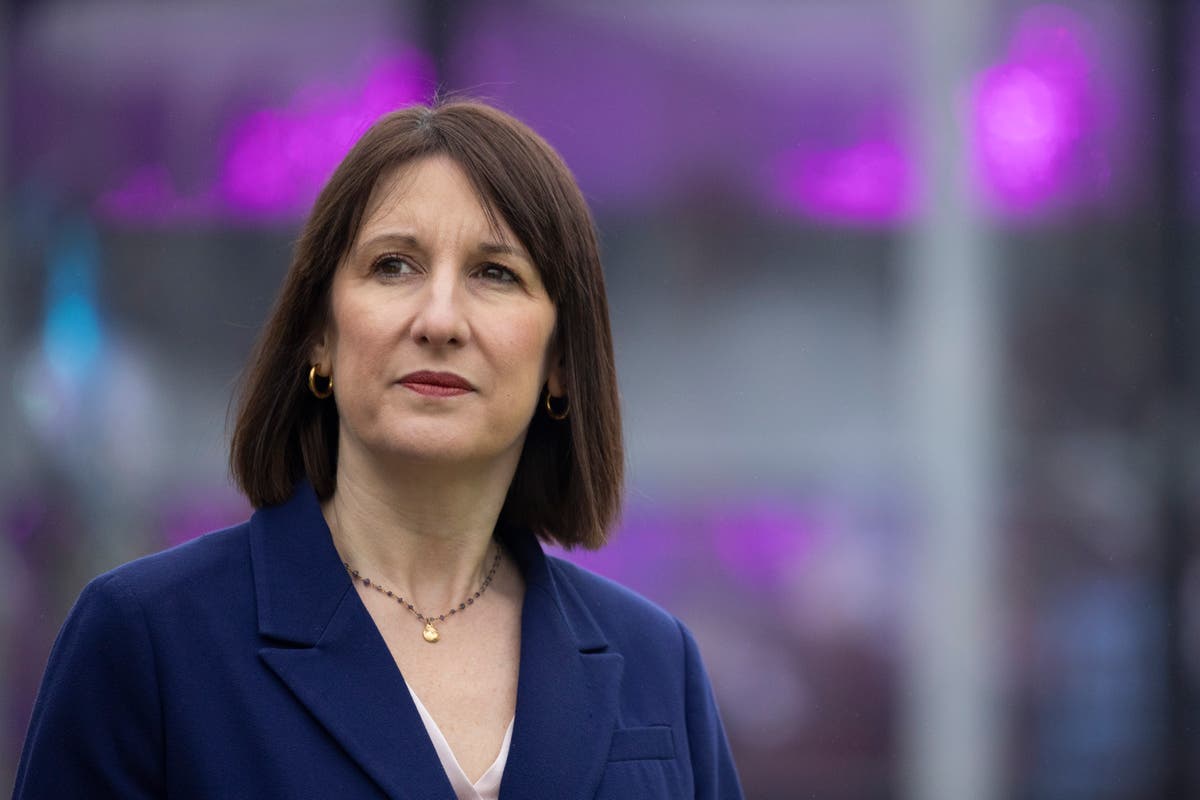The UK economy shrunk again in October, according to official figures, highlighting the scale of the challenge facing Rachel Reeves in her mission to get the economy going again.
The Office for National Statistics (ONS) said output fell by 0.1 per cent following the 0.1 per cent decline recorded for the previous month.
The decline is an unexpected blow for Ms Reeves, as most economists had been expecting GDP to rise by 0.1 per cent during the month.
The latest figures cover the month ahead of the government’s first budget, which saw Labour unveil £40bn worth of tax rises.

Labour has put economic growth at the centre of its plan for the economy, but there are concerns the scale of the tax rises could put a dampener on the plans.
Liz McKeown, the ONS’s director of economic statistics, said: “The economy contracted slightly in October, with services showing no growth overall and production and construction both falling.
“Oil and gas extraction, pubs and restaurants and retail all had weak months, partially offset by growth in telecoms, logistics, and legal firms.
“However, the economy still grew a little over the last three months as a whole.”
Shadow chancellor Mel Stride said the impact of the declining growth figures will be “felt by families through higher taxes, fewer jobs, higher prices and higher interest rates”.
He said: “It is no wonder businesses are sounding the alarm. This fall in growth shows the stark impact of the Chancellor’s decisions and continually talking down the economy.”
But the Confederation of British Industry (CBI) said UK firms “remain hopeful that things will improve in the New Year”.
“It may take a few more months for firms to work through the impact of the sharp increase in employment taxes outlined in the Budget and adjust their hiring and investment plans accordingly.
“But businesses can probably still look forward to a steady, if unspectacular, economic recovery next year as the impact of the inflation shock fades and interest rates come down further”, Ben Jones, the organisation’s lead economist said.
He added: “The government can support business confidence by accelerating measures that could restore some headroom for investment.
“These include delivering flexibility to the Apprenticeship Levy, preparing a faster timetable to reform business rates and working in full partnership with boardrooms to develop a long-term modern industrial strategy that can provide the stability and certainty needed to unlock innovation, investment and grow the economy.”
More to follow…

